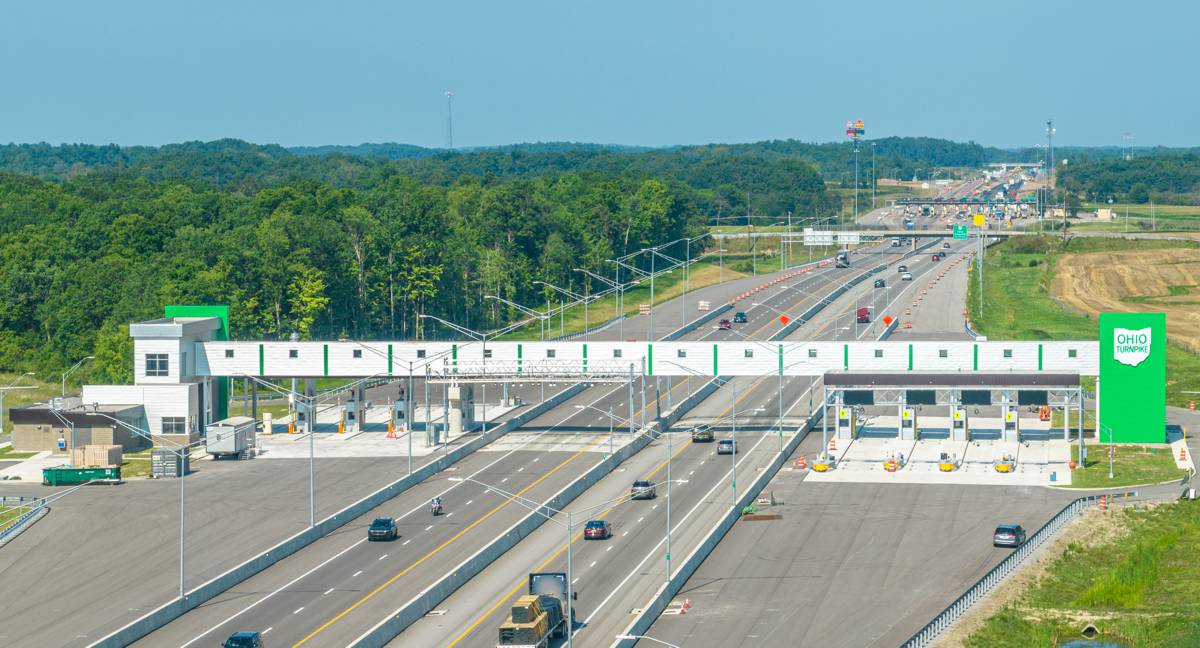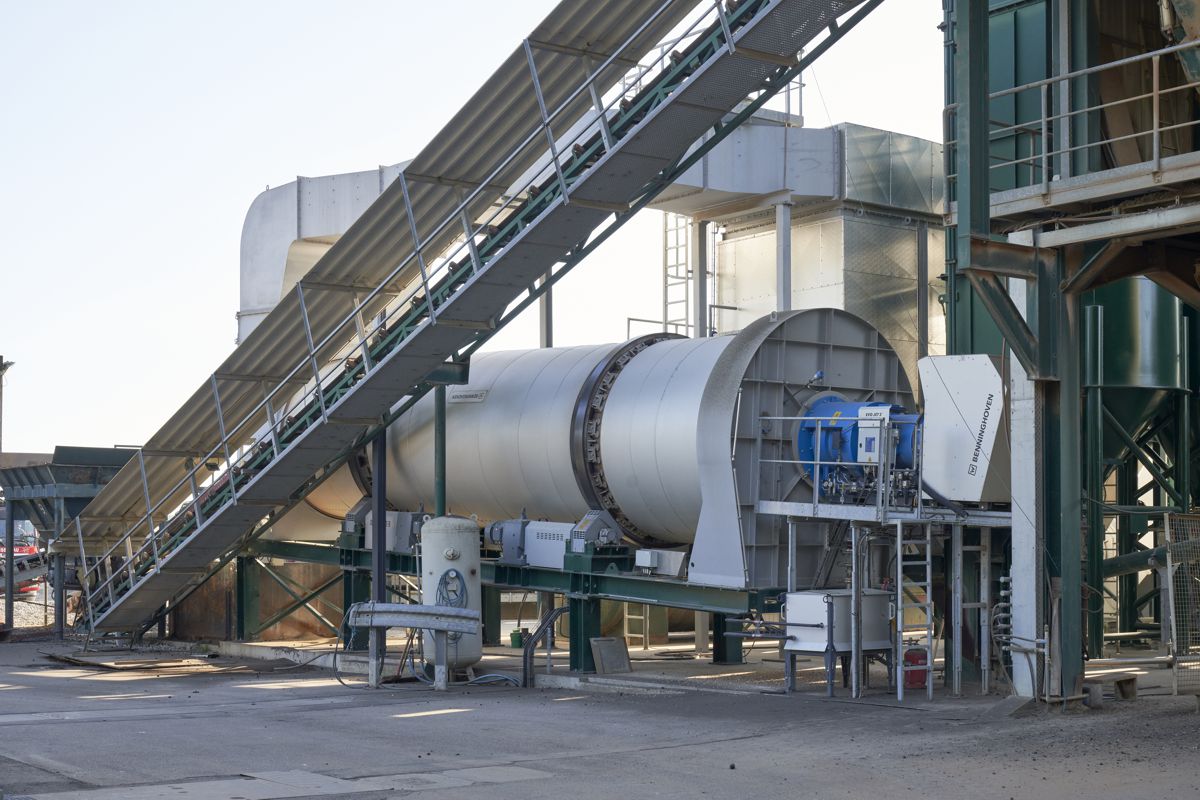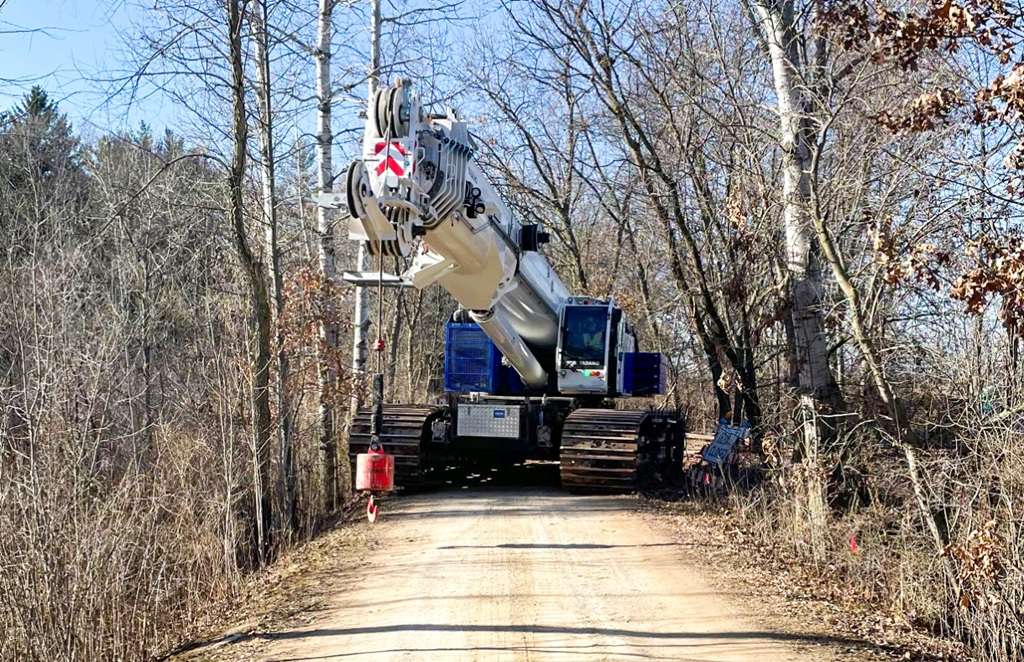The Tesla Semi will deliver a high-tech and ultra-safe truck alternative.
Unrivalled Performance
Without a trailer, the Tesla Semi achieves 0-60 mph in five seconds, compared to 15 seconds in a comparable diesel truck. It does 0-60 mph in 20 seconds with a full 80,000-pound load, a task that takes a diesel truck about a minute.
Most notably for truck drivers and other travellers on the road, it climbs 5% grades at a steady 65 mph, whereas a diesel truck maxes out at 45 mph on a 5% grade. The Tesla Semi requires no shifting or clutching for smooth acceleration and deceleration, and its regenerative braking recovers 98% of kinetic energy to the battery, giving it a basically infinite brake life. Overall, the Semi is more responsive, covers more miles than a diesel truck in the same amount of time, and more safely integrates with passenger car traffic.
Driver Experience
Unlike other trucks, the Semi’s cabin is designed specifically around the driver, featuring unobstructed stairs for easier entry and exit, full standing room inside, and a centred driver position for optimal visibility. Two touchscreen displays positioned symmetrically on both sides of the driver provide easy access to navigation, blind spot monitoring and electronic data logging. Built-in connectivity integrates directly with a fleet’s management system to support routing and scheduling, and remote monitoring. Diesel trucks today currently require several third party devices for similar functionality.
Mega-chargers, a new high-speed DC charging solution, will add about 400 miles in 30 minutes and can be installed at origin or destination points and along heavily trafficked routes, enabling recharging during loading, unloading, and driver breaks.
Safety
The Tesla Semi’s all-electric architecture is designed to have a higher safety standard than any other heavy-duty truck on the market, with a reinforced battery that shields the Semi from impact and gives it an exceptionally low centre of gravity. Its windshield is made of impact resistant glass. Jack knifing is prevented due to the Semi’s on-board sensors that detect instability and react with positive or negative torque to each wheel while independently actuating all brakes.
The surround cameras aid object detection and minimize blind spots, automatically alerting the driver to safety hazards and obstacles. With Enhanced Autopilot, the Tesla Semi features Automatic Emergency Braking, Automatic Lane Keeping, Lane Departure Warning, and event recording.
Tesla Semi can also travel in a convoy, where one or several Semi trucks will be able to autonomously follow a lead Semi.
Reliability
With far fewer moving parts than a diesel truck – no engine, transmission, after-treatment system or differentials to upkeep – the Tesla Semi requires significantly less maintenance. Its battery is similar in composition to the batteries of Tesla energy products and is designed to support repeated charging cycles for over a million miles, while its motors are derived from the motors used in Model 3 and have been validated to last more than one million miles under the most demanding conditions.
Lowest Cost of Ownership
All-in, the Tesla Semi delivers massive savings in energy costs, performance, efficiency and reliability.
The biggest immediate cost-advantage comes from savings in energy costs: fully loaded, the Tesla Semi consumes less than two kilowatt-hours of energy per mile and is capable of 500 miles of range at GVW and highway speed, accommodating a wide range of shipping applications given that nearly 80% of freight in the U.S. is moved less than 250 miles. Coupled with the low and stable nature of electricity prices, which average $0.12/kWh in the U.S. and can be significantly less for commercial and industrial users, falling to almost nothing when combined with local solar generation and storage, owners can expect to gain $200,000 or more in savings over a million miles based on fuel costs alone.
Tesla is now taking reservations for the Semi for US$5,000 per truck. Production begins in 2019.















